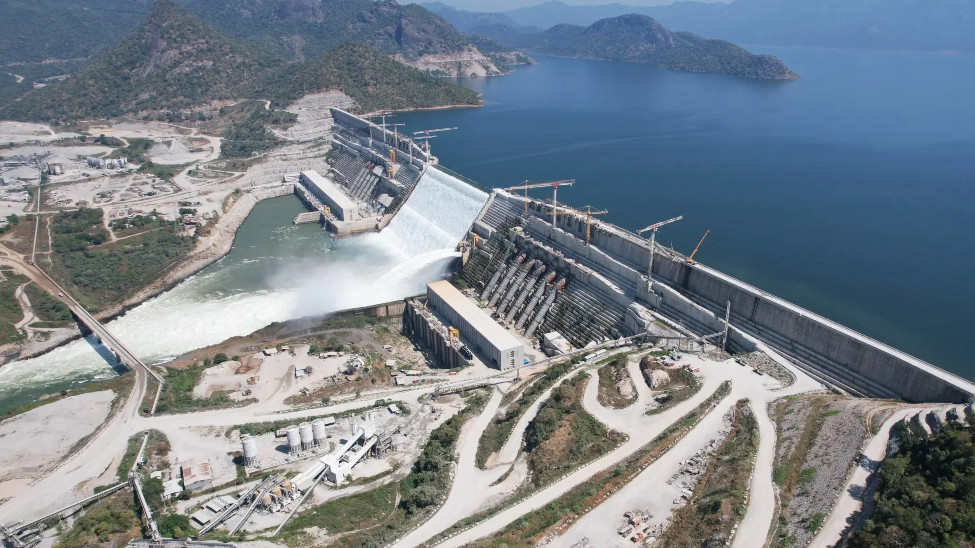
Egypt accused Ethiopia on Friday of acting “recklessly and irresponsibly” in managing the Nile flood through unilateral dam operations. The Egyptian Ministry of Water Resources and Irrigation said Ethiopia’s actions exacerbated flooding in Sudan and directly threatened Egyptian lands and lives.
Authorities claimed the unilateral management of the Grand Ethiopian Renaissance Dam violated international law and disregarded basic principles of responsibility and transparency. Egypt warned that Ethiopia’s operations exploit water resources politically at the expense of regional security, undermining repeated claims of causing no harm.
The ministry said sudden, large water volumes from Ethiopia, combined with delayed Sudanese rainfall and rising White Nile levels, triggered extensive flooding. Agricultural lands were submerged, and several Sudanese villages faced inundation, underscoring the heightened risks for downstream states in the Nile basin.
Egyptian authorities announced precautionary measures to combat rising Nile levels and potential flooding along riverbanks across northern governorates. Prime Minister Mostafa Madbouly cautioned that water levels would likely continue rising through the end of October during the annual flood season.
Local governments in Beheira and Monufia mobilised emergency alerts, urging citizens and farmers residing near riverbanks to evacuate immediately. Floodwaters reportedly submerged homes and farmlands in Dalhamou, Ashmoun District, reflecting the immediate human and agricultural impact of rising waters.
Egyptian Foreign Minister Badr Abdelatty stressed Ethiopia’s lack of coordination violated international law and caused massive flooding in Sudan in recent weeks. Abdelatty reaffirmed Egypt’s legal right to defend its existential interests and water rights should these face threats from unilateral upstream actions.
Ethiopia inaugurated the GERD on September 9, after 14 years of construction, amid longstanding disputes with downstream nations over dam operation and filling. As tensions rise, the Nile’s waters have become both a lifeline and a geopolitical flashpoint, shaping the fragile balance of regional stability.
